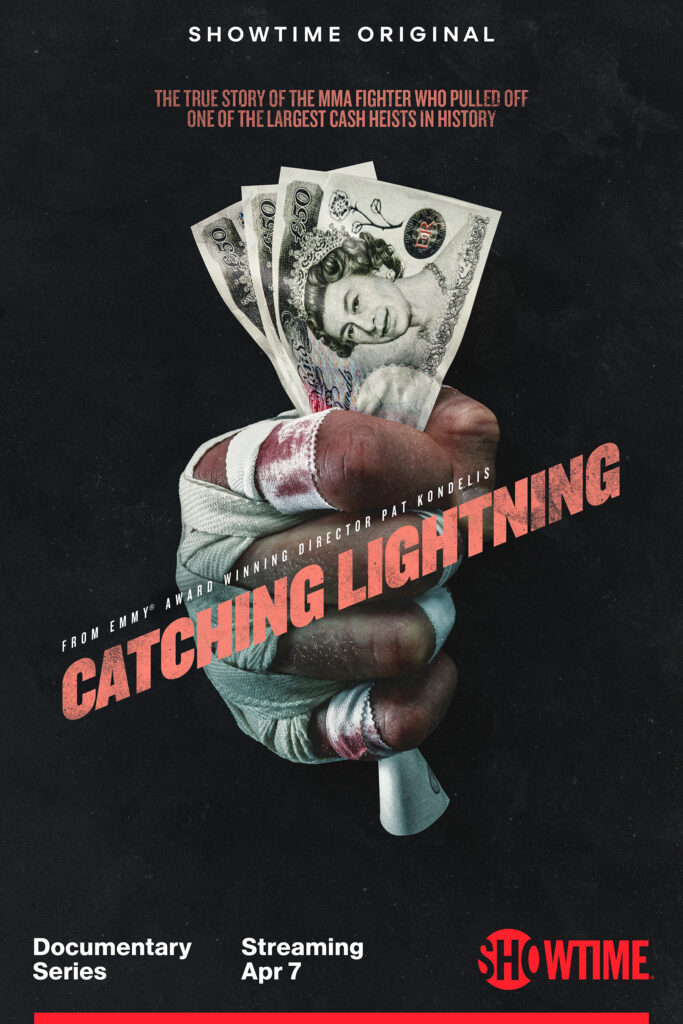Most unproduced scripts remain so for a good reason: they stink. Though on rare occasion a worthwhile or revelatory story falls victim to the passing zeitgeist – or even something as mundane and random as “scheduling difficulties” – coming to light only in an author’s afterlife thanks to the random diggings of an academic or biographer, more often than not the majority of aborted dramas remain squirreled away in the proverbial bottom desk drawer because they’re efforts unworthy of the author who either cannot let go of them for some intimate reasons known only to them or because they have been rightfully forgotten, not because they are misunderstood masterpieces awaiting post-millenial redemption. I’m afraid that One Arm, adapted and directed for the stage by Moises Kaufman for The New Group from an unproduced screenplay by Tennessee Williams, falls firmly in the category of one those bottom drawer curiosities best left undisturbed. Thematically, it’s vintage Williams: regret and redemption in the seedy underbelly of the Vieux Carre; however, this story of a champion boxer who loses one arm only to quickly descend into the lonely world of hustling – and ultimately murder – doesn’t hang together dramatically. One has to blame Kaufman, who makes a fatal error in creating a god-awful framing device that only serves to keep the audience at arms length. “One Arm, an unproduced screenplay by Tennessee Williams,” intones the narrator/writer at the curtain’s rise. It sets the audience up to be spectators, disconcerted voyeurs even, but it also shuts us out as participants. About all we can do is ogle the story of Ollie Olson, all-American hustler, as he suffers one moral degradation after another. What we can’t do is identify – something that’s crucial to making Williams’ heightened lyricism work. On the eve of his execution, a stranger’s visit causes Ollie to realize just how many lives he has touched. Facing down death, the protective shell cracks: his arm may be mangled but Ollie still feels things. His final moments are a desperate grasp at connection with this stranger; a thwarted need to receive love. It’s the kind of moment any lover of Williams aches to believe – the moment of the metaphor made flesh. What’s heartbreaking is that in Kaufman’s production it comes off as half-baked. Or rather, er, one-armed.
April 28, 2025
copy, content + the occasional ramblings of an itinerant traveler









